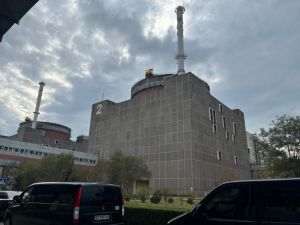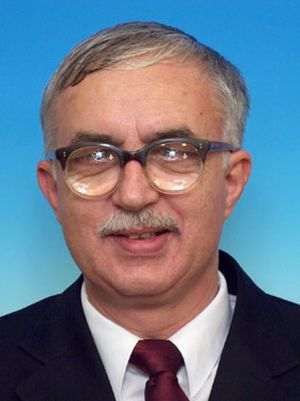The balance sheet of his own government is a positive one, Prime Minister Marcel Ciolacu claimed yesterday, at the end of the government meeting, in a press statement in which he presented the main achievements of his mandate. Unfortunately, the situation presented by Marcel Ciolacu lacked any reference to the increase in the budget deficit (which at the end of October 2024 stood at 6.19% of the Gross Domestic Product), which puts great pressure on the fiscal and macroeconomic situation of our country.
Marcel Ciolacu presented the balance sheet of his government, because the new Parliament will be formed on Friday, from which point until the swearing-in of the new Cabinet, the current government becomes an interim one.
The Prime Minister highlighted the government's efforts to increase the purchasing power of Romanians, emphasizing the reduction of inflation by half, from 10.3% in June 2023 to 5.1% currently. The Head of Government showed that the average net salary exceeded the 1000 euro threshold, reaching 1059 euro, which reflects an increase in purchasing power by 8%, "the highest in the last five years", according to Marcel Ciolacu.
In addition, the average pension increased to 562 euro, and the purchasing power of pensioners registered an advance of 33-35%. "This represents the largest increase in pensions in the last 15 years", the Prime Minister emphasized.
Marcel Ciolacu boasted about the increase in the number of employees, which reached 5.17 million employees and a significant increase in employment contracts with net incomes over 1000 euro. The Prime Minister specified: "We have, for the first time, over 1.5 million employment contracts at this salary level, 500,000 more than when he took office".
The Head of Government also said that the introduction of an economic model based on investments was a key priority of the government. Ciolacu said: "In 2023, public investments exceeded 100 billion lei and will reach 120 billion lei in 2024, a 65% jump compared to 2022". The Prime Minister also referred to the absorption rate of European funds under the 2014-2020 financial framework, which reached 99.2%, setting a new record for our country, but he said nothing about the fact that very little of the allocated amount from the 2021-2027 MFF allocations has reached our country, nor about the fact that we are over 12 months late in approving funding applications from the National Recovery and Resilience Plan.
However, Prime Minister Marcel Ciolacu counted the completion of 235 kilometers of high-speed roads, including the first lots of the Moldovan Highway and the Craiova-Piteşti high-speed road, as well as the start of works on several sections of the Capital Ring Highway and the Transylvania Highway.
In light of the above, the Head of the Executive showed that public investments exceeded 100 billion lei in 2023 and will amount to 120 billion lei in 2024.
The Head of Government also said that one of the important measures he took during his 18-month mandate was to stabilize energy prices by capping tariffs, which led to a 10% decrease in gas prices and a 1.3% decrease in electricity prices. "The measures helped 2.7 million households and 40% of companies," Marcel Ciolacu specified.
We remind you that another measure taken in support of the population by the Government was the capping of the commercial mark-up on 14 basic foods, a capping decided in July 2023 and which is still in force today, despite the opposition of the business environment and the objections formulated by the Competition Council throughout this period.
Marcel Ciolacu also stated that our country is a regional economic power, with a GDP of over 355 billion euros and a GDP per capita, at purchasing power parity, comparable to that of Poland.
Prime Minister Ciolacu wanted to include in the balance of his mandate the full integration into the Schengen Area, given that the air and maritime Schengen was obtained on March 31, 2024, and the land Schengen will enter into force on January 1, 2025. "By approaching a different diplomatic strategy, we achieved this success. Schengen accession represents not only a right earned for Romanian citizens, but also an economic opportunity, estimating a 2% increase in GDP in 2025", concluded the Head of Government.



















































